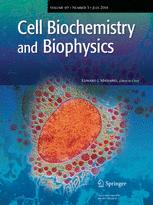
You know it’s a good one when it makes it onto the Wikipedia page for “scientific misconduct.”
On April 21, the International Journal of Pure and Applied Mathematics retracted two 2008 papers by scientist Alexander Spivak of Holon Institute of Technology in Israel. In September, the journal updated the notice to explain why: The papers both contained copy/pasted chunks from a 2001 paper by Spivak’s post-doc boss at Tel Aviv University, Zeev Schuss, and two other authors.
The tipster seems to have been Schuss himself, who told us about his role in the unravelling of the fraud: Continue reading Blatant plagiarism sinks paper (and earns a sabbatical!) for mathematician








